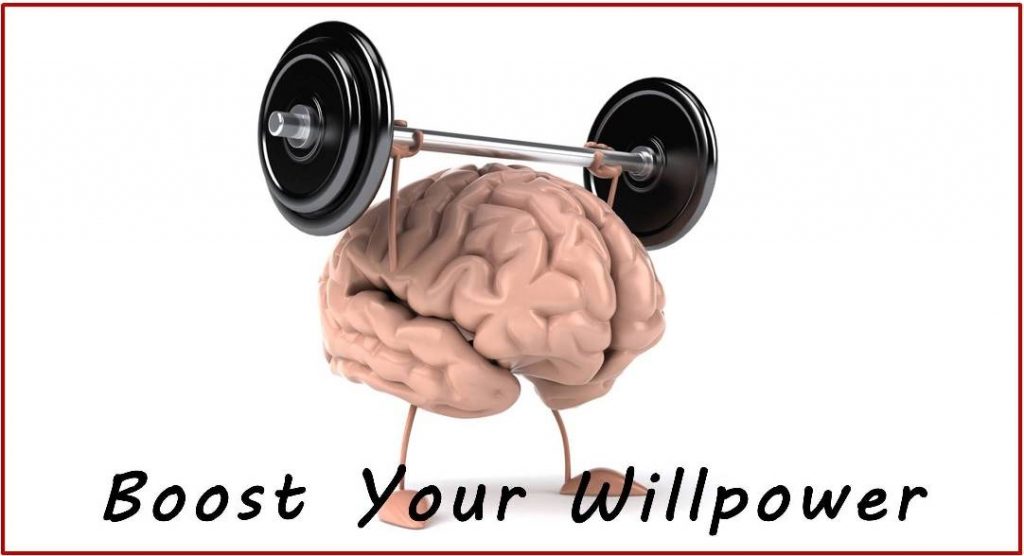30 Oct 2014 Willpower – The Force That Shapes Us

Can you imagine your life with double your existing willpower? Would your career soar to new heights, would your state of wellness improve demonstrably, would your personal relationships become more meaningful?
We drive our lives with the power of our will. But what is willpower? Are we born with a set amount of it? Does it level off by the time we reach adulthood, or can we acquire more of it later in life?
The Science:
Preeminent psychologist Dr. Roy Baumeister of Florida State University tells us that there are two key factors that influence our success in life: Willpower and Intellect. Unfortunately, intellect (IQ) can only be changed marginally throughout life. But we can develop our willpower. Studies have shown that children who have shown greater willpower in their earlier years, turned out to have better family lives, and were more successful in their adult life professionally, economically, and socially.
Our willpower has two main attributes:
- It is a depletable resource; and
- It can be developed, even later in life.
Willpower-a depletable resource. The center of our willpower is located in the Prefrontal Cortex of our brain. This region is also called the Executive Function of our brain and is responsible for: long term goal planning; motivation; reward anticipation; emotional integration; impulse control; and several other functions. Collectively, these functions greatly influence our willpower.
One of the main limitations of our Prefrontal Cortex is that it requires a significant amount of energy to operate efficiently. Consequently, its processing capacity is diminished when the level of its primary source of energy (glucose)in our blood declines. This happens especially before lunch and dinner.
An interesting study illustrates the effect of mental processing depletion on parole judges in Israel. Researchers found that the rate of paroles awarded by the judge’s first thing in the morning, after they had a good night’s sleep and healthy breakfast, was around 70%.
It dropped to nearly zero just before lunch, when the level of energy in the brains of the judges was depleted. And guess what, immediately after lunch the rate at which paroles were awarded increased again to 65%.
Developing your willpower muscle. Scientific studies also reveal that we can develop the area of the brain responsible for our willpower. One way to achieve this is by performing simple exercises such as using your non-dominant hand to perform tasks such as operating your computer mouse, brushing your teeth, and even washing the dishes (if you can tolerate a broken plate or two). After performing these tasks repeatedly for at least 8 weeks you will notice that that the new routine, which initially required a lot of mental effort, has evolved into an automatic habit, which does not require a direction from your conscious awareness. Once you’ve reached this level of proficiency, it is time to tackle a new routine.
Our Recommendation:
In the past 20 years, with the advent of fMRI (Functional Magnetic Resonance Imaging) neuroscientists have made unimaginable discoveries on how our brain works and how we can improve the way we lead our lives.
Unfortunately, scientists are yet to deliver a “quick fix”, a short and easy way to rip the rewards from these discoveries. We can now affect the outcome and quality of our lives in ways that were unimaginable a few years ago.
But in order to achieve these benefits, we have to invest time and energy and commit ourselves to practice the new behaviors every single day – No Shortcuts.
Read More:
To learn more about how to boost your willpower we invite you to explore our Willpower Program.



